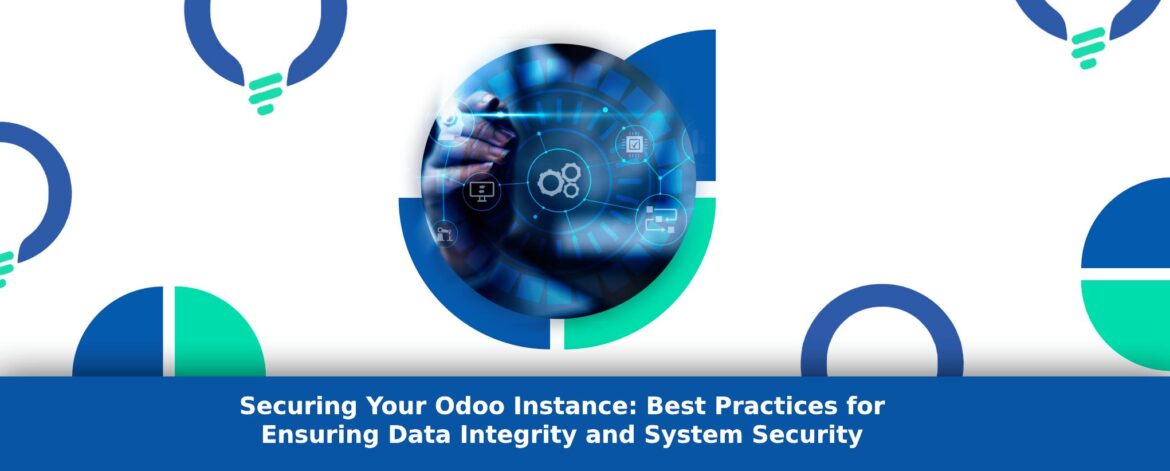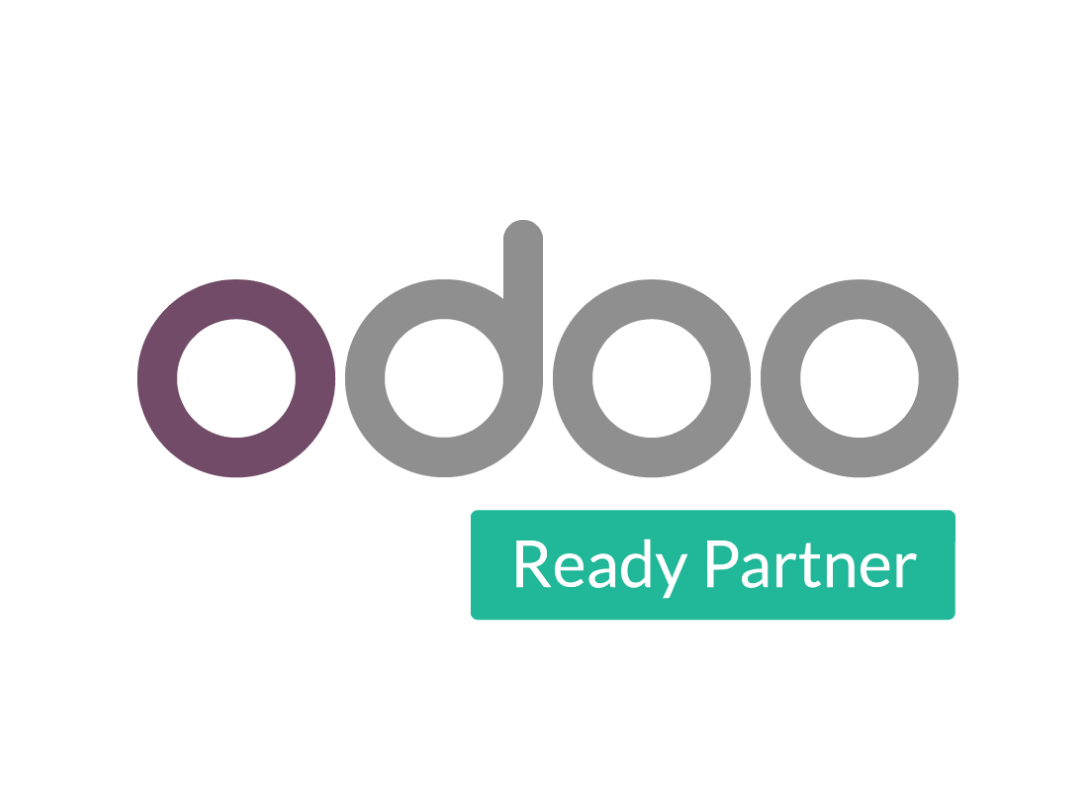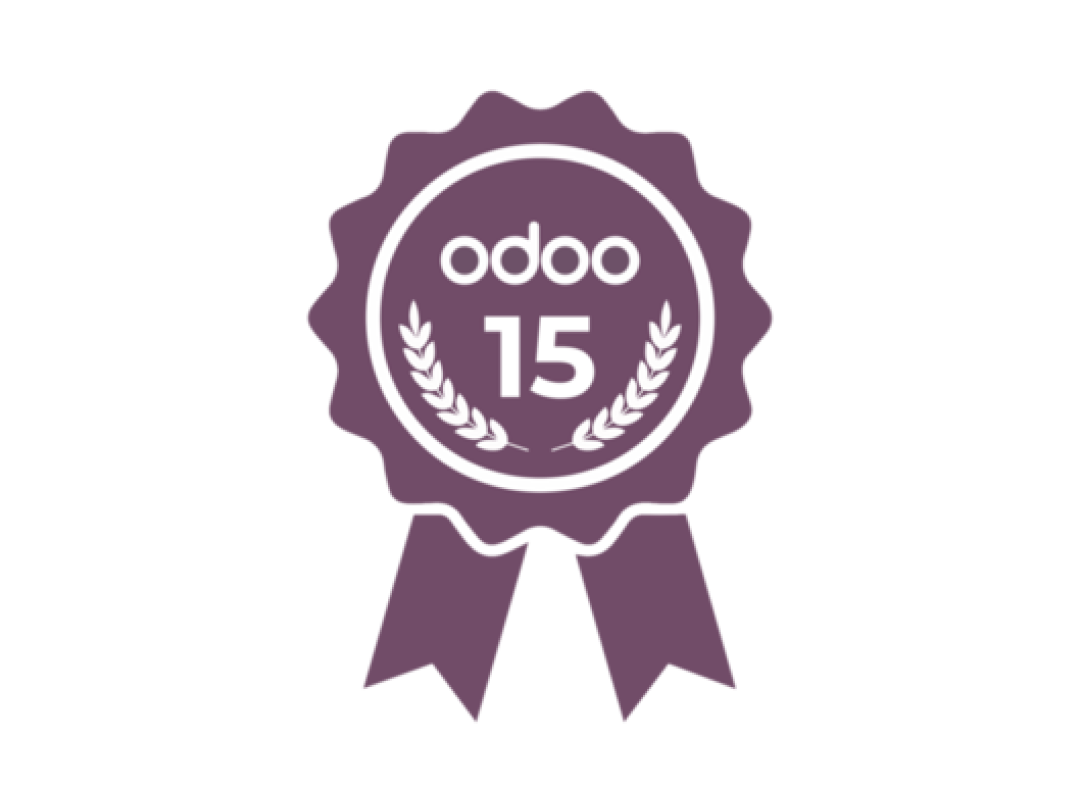In the realm of business operations, securing your Odoo instance is paramount. As companies increasingly rely on Odoo for their ERP needs, ensuring data integrity and system security stands as a critical priority. Let’s delve into the best practices that fortify your Odoo instance, safeguarding sensitive data and bolstering system security.
Understanding the Significance of Odoo Instance Security
Odoo serves as the backbone of numerous business operations, managing crucial data across departments. Securing this platform is vital to prevent unauthorized access, data breaches, or potential disruptions that could compromise business continuity.
Implementing Strong Authentication Measures
Begin by fortifying your Odoo instance with robust authentication protocols. Enforce complex passwords, utilize multi-factor authentication (MFA), and regularly update user credentials to thwart unauthorized access attempts. This ensures that only authorized personnel can access sensitive data.
Regular Updates and Patch Management
Keeping your Odoo instance updated with the latest patches and security fixes is non-negotiable. Odoo frequently releases updates that address security vulnerabilities and bugs. Regularly apply these updates to shield your instance from potential threats and exploits.
Role-Based Access Control (RBAC)
Implement Role-Based Access Control within Odoo to control user permissions and limit access based on job roles. By granting access only to necessary modules and functionalities, you reduce the risk of data exposure or unauthorized modifications.
Secure Data Encryption
Employ robust encryption protocols to protect sensitive data stored within Odoo. Encrypt databases, transmissions, and stored files to ensure that even if data is accessed, it remains unintelligible and secure from unauthorized entities.
Continuous Monitoring and Audit Trails
Set up monitoring tools within Odoo to track user activities and changes made to the system. Audit trails provide a comprehensive record of actions taken within the instance, aiding in identifying and addressing any suspicious activities.
Backup and Disaster Recovery
Establish regular backup schedules for your Odoo instance and ensure the backups are stored securely in an off-site location. In the event of a security breach or system failure, reliable backups are crucial for restoring data and system functionality.
Employee Training and Awareness
Human error remains a significant vulnerability in system security. Conduct regular training sessions to educate employees on security best practices, phishing awareness, and the importance of safeguarding sensitive data within Odoo.
Secure Hosting and Network Protection
Opt for reputable hosting providers that offer robust security features. Implement firewalls, intrusion detection systems, and secure network configurations to shield your Odoo instance from external threats.
Conclusion: Safeguarding Your Business with Odoo Security Measures
Protecting your Odoo instance isn’t just about complying with security standards; it’s safeguarding the integrity of your business. By implementing these best practices, you establish a robust security posture, ensuring data integrity, and fortifying your systems against potential threats.
Securing your Odoo instance requires a multi-faceted approach, combining technical measures, user awareness, and a commitment to ongoing vigilance. Implementing these strategies ensures that your Odoo instance remains a fortress, safeguarding your business operations and sensitive data.




